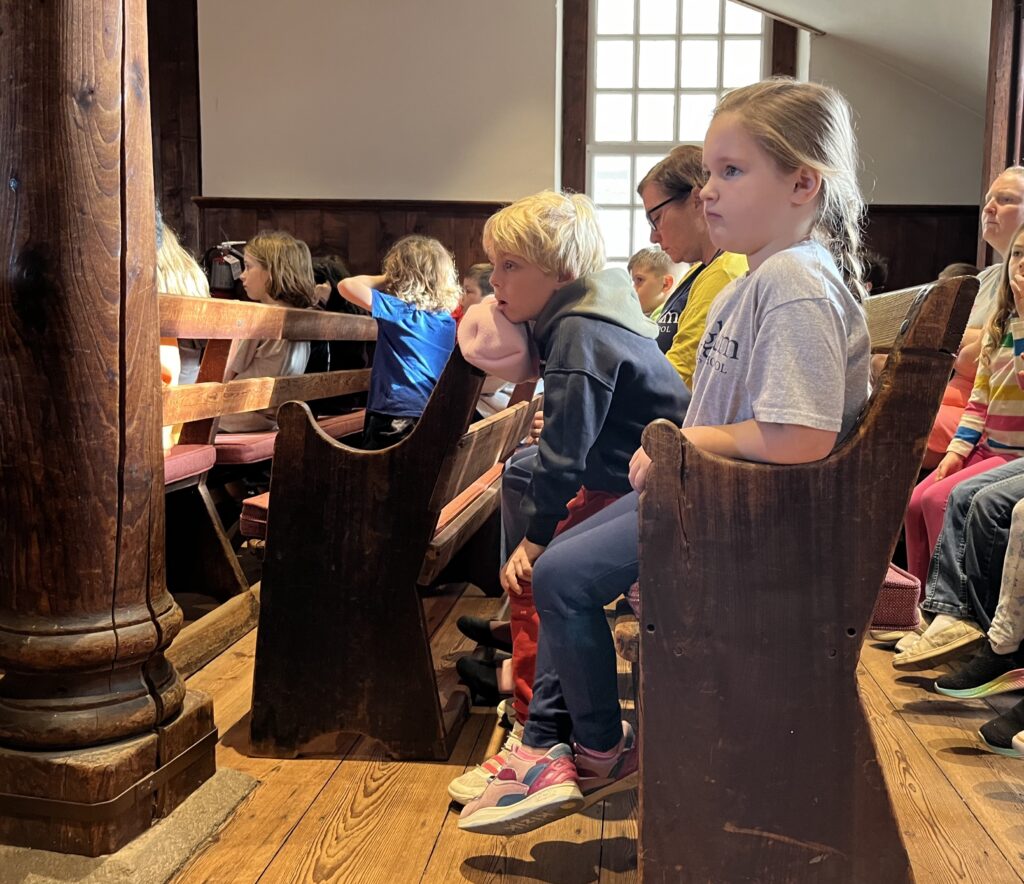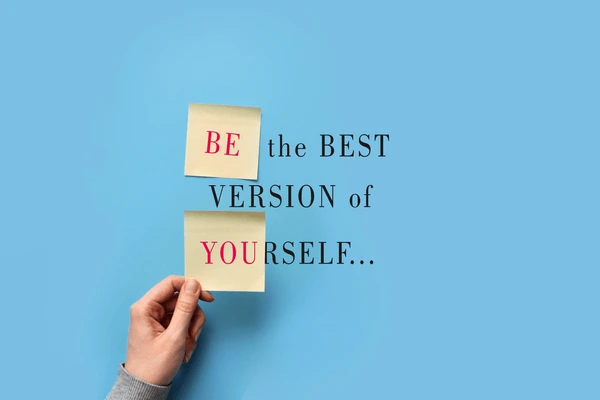
I cannot recall how many times I have shared with prospective parents that one of the purposes and goals of BFS, while honoring the inner promise and uniqueness of each student, is to strive to help each child become the best version of themselves.
Some of the ways we encourage and support the personal growth of each learner is by helping children experience and learn about their strengths and weaknesses, providing opportunities to improve, encouraging them to embrace challenges, developing their capacity to take risks and to learn new skills, establishing an environment that enables them to experience and express emotions and values, and prioritizing well-being and happiness. It is in these ways that we provide a culture that promotes a continuous process of self-improvement with a focus on reaching one’s full potential.
As I reflect on how this occurs at BFS, I am reminded that several variables support and contribute to our ability to achieve our hopes and dreams for each child. For me, they include but are not limited to:
- Our mission as a Friends school
- Our dedicated and talented teachers, who hold an equal concern for developing students and encouraging personal growth – the “oak trees” in the BFS forest
- Our “just right” school size that enables every community member to be known, valued, and supported
- Our culture steeped in core values
- Our on-campus and extended community
- Our traditions and history during the past 230 years!

David Brooks, a columnist for the New York Times, recently wrote a column about young people becoming the best version of themselves. I offer an annotated version prepared by Kim Marshall, Marshall MEMO 1070.
“In a recent New York Times column, David Brooks says he believes that for individuals, character is destiny, and for a healthy society, moral formation is essential. At a recent meeting hosted by the Making Caring Common project at Harvard, Brooks took note of some key ideas for teachers, parents, and “anyone who wants to build a society in which it is easier to be good”:
A communitarian ethos – A common belief today, says Richard Weissbourd, faculty director of Making Caring Common, is that young people’s ultimate goal is individual achievement and happiness, versus the common good and caring for others. “Schools that focus on moral education,” says Brooks, “stand athwart that tide. They have a sense of moral mission, that who you become is more important than what career track you pursue… They have rituals to mark transitions. They have retreats and group travel so that people can see one another before the makeup goes on.”
Moral skill-building – “Treating people well involves practicing certain skills, which can be taught just as the skills of carpentry and tennis can be taught,” says Brooks. They include:
- The skills of understanding – listening well, eliciting people’s life stories so we accurately see them and they feel seen;
- The skills of consideration and treating people well – offering criticism with care, asking for and offering forgiveness, breaking up with someone without crushing their hearts.
Brooks fears that many young people aren’t learning these skills.
Exemplars – “Admiration is one of the most powerful moral emotions,” he says. Nelson Mandela revered Mahatma Gandhi; Susan B. Anthony and Elizabeth Cady Standon admired each other. Kids need to study examples of true greatness. In the words of Warren Buffett, “Tell me who your heroes are, and I’ll tell you how you’re going to turn out.”
Moral traditions – “We are the lucky inheritors of many rich and varied moral traditions,” says Brooks. “Schools can teach these traditions and students can decide which seem true to them. People become their best selves as they begin to embody the values of a specific moral tradition.”
Self-confrontation – Everyone has core faults they must confront and conquer, says Brooks. Dwight Eisenhower had a terrible temper; some people are egotistical, judgmental, or people pleasers. Parents and schools can help young people to acknowledge and try to fix their shortcomings.
Public service – “Community service, whether it’s feeding the poor, sitting with the homeless, or championing a cause, is not just to make society better,” says Brooks; “it is done to usher a transformation in the person doing the service.” This kind of service fosters emotional understanding – “the ability to be made indignant by injustice, outraged by cruelty, to know how to gracefully do things with people, not for people. That kind of knowledge comes through direct contact with the problems.”


Dear Paul. This is an excellent article about why my families have consistently chosen and supported Friends Schools throughout the years. There is a strong moral framework that guides all the teaching and I have seen its success in the success of my children and grandkids— American and Mexican. Your words are a beacon of light in these clouded times. Thank you. Susan de lone